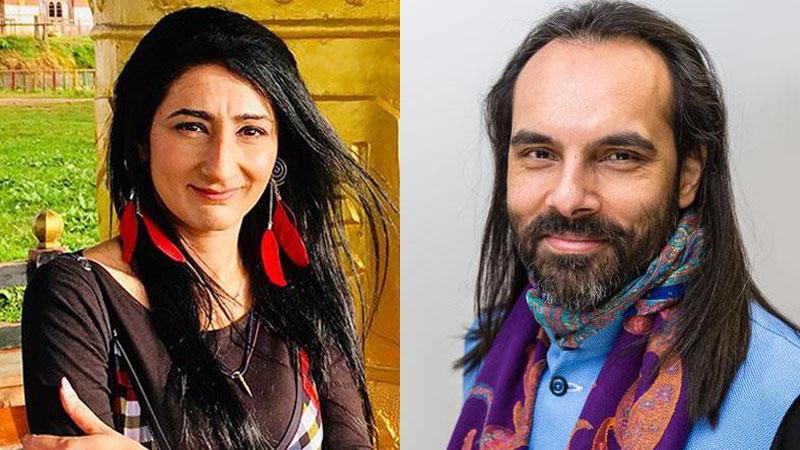Nitasha Kaul, Professor of Politics, International Relations and Critical Interdisciplinary Studies, and Dibyesh Anand, Professor of International Relations and Head of the School of Social Sciences, have written an article for The Conversation about what the defamation trial of India’s most prominent opposition leader means for democracy under Prime Minister Narendra Modi.

In the article, Kaul and Anand discuss the response of Prime Minister Modi and his ruling Bharatiya Janata Party (BJP) to comments made by Rahul Gandhi during his UK visit in March that the BJP is undermining democracy in India. The Indian Congress leader Gandhi, as well as scholars around the world, have been pointing to a "democratic backsliding" in the country due to Modi’s campaign against his political opponents, and the influence that the far-right Rashtriya Swayamsevak Sangh (RSS) movement has on a wide array of institutions.
Speaking about the politics of the BJP and its impact on democracy, Professor Kaul and Professor Anand said: “Modi and the BJP’s brand of politics has thrived on the sustained use of deliberately contradictory speech and policies as part of what [Kaul has] termed his ‘postcolonial neoliberal nationalism’. This political project has been divisive for its weaponisation of colonial history, its failure to act on crony capitalism, and for claiming a monopoly on what it means to be nationalist.
“The space for raising these concerns within India is shrinking rapidly, as shown by the decline in civil and political liberties that has led to Indian being ranked as only “partly free” in the latest Freedom House Index.”
In their conclusion to the article, they commented: “Gandhi has appealed his conviction, but his warnings – and those of countless other politicians, activists and public intellectuals – deserve to be taken seriously by the rest of the world. How the world reacts may determine whether India will remain the world’s largest democracy or become a bellwether for autocratisation in the coming years.”
Read the full article on The Conversation’s website.


